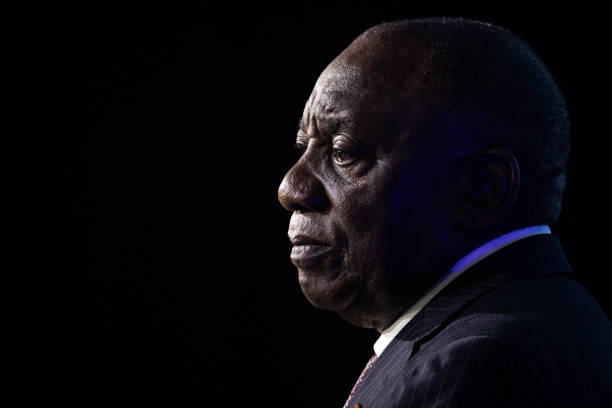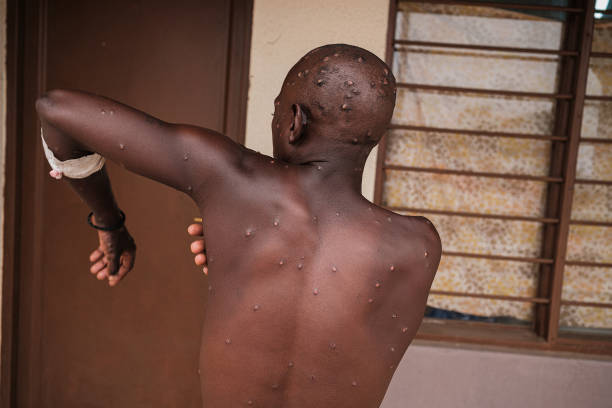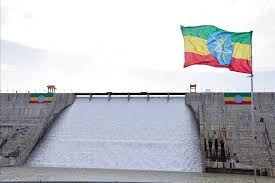In the dusty plains of central Mali, where cattle roam and village life ticks on with quiet resilience, a dark cloud of fear now hangs over the Fulani community. The men are vanishing — not into the usual bush to tend livestock or run errands — but into the hands of soldiers and foreign fighters. And many never return.
According to a chilling new report by Human Rights Watch (HRW), at least 12 Fulani men have been summarily executed and 81 others forcibly disappeared between January and June 2025. The alleged perpetrators? Mali’s army and the notorious Wagner Group — the Russian-linked mercenaries who have increasingly become enforcers for embattled regimes across Africa.
These operations, HRW says, were supposed to be part of joint crackdowns on Islamist militants — the kind who have made Mali’s central and northern regions almost ungovernable. But instead of just hunting down fighters, the offensive seems to have blurred the line between suspect and civilian, between fighter and Fulani.
“They arrested my brother in the middle of the night,” one local herder from Mopti region whispered to a rights researcher. “He was not even armed. We’ve heard nothing since. Not even a rumour.”
A Dangerous Assumption
The heart of the problem lies in a tragic pattern: Islamist militants, particularly from al-Qaeda and ISIS-linked groups, often recruit among young Fulani men — sometimes willingly, sometimes not. But that doesn’t make every Fulani man a terrorist. Still, suspicion spreads like dry season fire, and entire communities now live under a heavy cloud of guilt by association.
Human Rights Watch has called on the African Union to wake up and act, urging the bloc to pressure Mali’s military rulers to investigate the abuses and hold the culprits accountable.
“Mass arrests, killings, and forced disappearances won’t bring peace to Mali — they will only deepen divisions,” said Ilaria Allegrozzi, senior Sahel researcher at HRW. “Justice must be swift and transparent.”
Who Are the Wagner Group, Again?
For those wondering why Russian mercenaries are even in Mali in the first place, here’s the short version: after Mali’s second military coup in two years, its ruling junta ditched its French allies and invited in the Wagner Group for security support. Think of them as bouncers for hire, but with assault rifles and a troubling track record from Syria to the Central African Republic.
In Mali, Wagner has teamed up with the army to battle extremists. But their presence has also been marked by repeated reports of rights violations — not for the first time, and almost certainly not the last.
And while some locals initially welcomed Wagner’s muscle in the hope of peace, others are now realising that these foreign fighters come with their own baggage — and no mother wants her son to be collateral damage in someone else’s war.
A Plea from the Grassroots
Grassroots leaders and Fulani elders are begging for nuance. “We want peace. We are tired of burying our sons or not knowing where they are,” one community leader said. “But if they keep treating all Fulani as enemies, then even those who were neutral will lose hope.”
And in typical Nigerian-style side talk, someone muttered, “Even Boko Haram started with injustice — now look at the wahala they became. Are we trying to copy-paste disaster again?”
There’s wisdom in that quip. History across the Sahel has shown again and again that repression breeds resistance. And silence from African leaders — the type that makes you wonder if their phones are permanently on flight mode — will only embolden the abusers.
HRW’s report ends with a firm call: Mali must investigate, the African Union must intervene, and the international community must pay attention — not just when another mass grave is discovered.
Until then, Fulani families across Mali will continue to live in fear, their young men disappearing into the shadows of a war that seems to punish them not for what they’ve done, but for who they are.
In the words of one mother, “We are Malians too. But these days, it feels like we are ghosts in our own land.”
And if ghosts could speak, they’d probably ask the same thing the living are asking now: Where are our sons?




